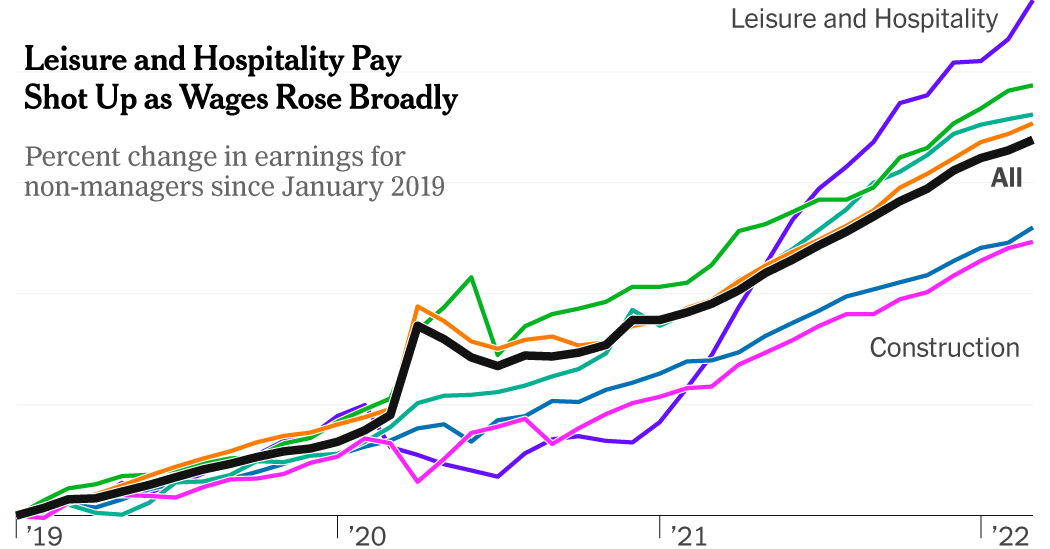Working mannequin of growing old compromise CD8+ T cell-mediated antitumor immunity. Credit score: Prof. Xiao’s group
A analysis group from the Shanghai Institute of Diet and Well being (SINH) of the Chinese language Academy of Sciences has revealed that growing old particularly impairs the technology of CD8+ tissue resident reminiscence T cells (TRM) and thus compromises the antitumor defensive exercise of aged CD8+ T cells. The research is printed in Nature Growing old.
With the growing old course of, the danger of growing most cancers considerably will increase. In recent times, it has been reported that immune growing old has an essential impression on tumor improvement. Immune growing old is a degenerative change within the immune system that happens with growing old, resulting in a decline in immune response and finally triggering ailments together with tumors.
Inside the immune system, CD8+ T cells are the primary defensive adaptive immune cells defending towards tumor cells. Nevertheless, the mechanism by which growing old impairs the antitumor response of CD8+ T cells was not beforehand understood.
To analyze the intrinsic position of growing old on CD8+ T cell operate, Prof. Xiao Yichuan’s group from SINH and collaborators remoted CD8+ T cells from younger and aged mice after which adoptively transferred these cells into Rag1-/- mice. Single-cell RNA sequencing (scRNA-seq) of tumor infiltrating CD8+ T cells confirmed that the proportion of the TRM cell subpopulation decreased within the aged group.
To find out how growing old causes a lower of CD8+ TRM cells, the researchers used multifactorial gene screening and located that prime expression of the E3 ubiquitin ligase BFAR inhibited the manufacturing of TRM cells amongst CD8+ T cells derived from aged people. Mechanistically, the E3 ligase BFAR suppressed cytokine-induced JAK2 signaling by activating JAK2 deubiquitination by way of the deubiquitinase USP39, thereby limiting downstream STAT1-mediated TRM reprogramming.
Based mostly on the position of the important thing E3 ligase BFAR in CD8+ T cell operate, the researchers utilized deep studying mixed with molecular simulation to display screen a library of roughly 1,474,607 compounds. By means of this course of, they recognized iBFAR2, a small molecule compound that inhibited USP39 ubiquitination and JAK2 deubiquitination, thus selling STAT1 phosphorylation and TRM differentiation, which subsequently boosted antitumor immunity in aged mice.
As well as, researchers discovered that focusing on BFAR couldn’t solely revive the antitumor exercise of aged CD8+ T cells, but in addition improve the sensibility of PD-1 blockade-based immunotherapy. PD-1/PD-L1 immune checkpoint blockade remedy has turn into a significant weapon in preventing superior tumors; nevertheless, most sufferers are refractory to the remedy or purchase resistance, particularly those that are aged.
In abstract, this research revealed the position of growing old in compromising the anti-tumor immune response of CD8+ T cells and the molecular mechanism concerned. Additional investigation of inhibitors focusing on BFAR will promote the event of most cancers immunotherapy in aged sufferers and sufferers immune to anti-PD-1 remedy.
Extra info:
Siyu Pei et al, Age-related decline in CD8+ tissue resident reminiscence T cells compromises antitumor immunity, Nature Growing old (2024). DOI: 10.1038/s43587-024-00746-5
Supplied by
Chinese language Academy of Sciences
Quotation:
Researchers reveal how growing old impairs antitumor exercise of CD8⁺ T cells (2024, November 27)
retrieved 27 November 2024
from https://medicalxpress.com/information/2024-11-reveal-aging-impairs-antitumor-cd8.html
This doc is topic to copyright. Other than any honest dealing for the aim of personal research or analysis, no
half could also be reproduced with out the written permission. The content material is supplied for info functions solely.




